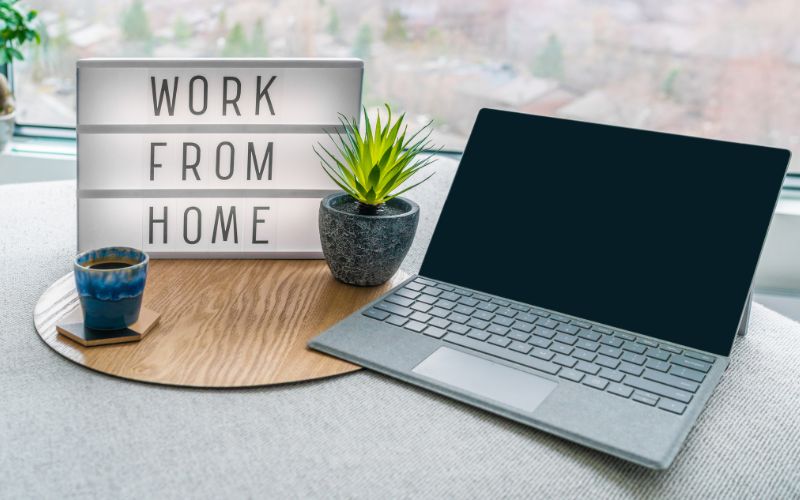While it initially appeared to be a temporary set-up in response to the pandemic, it now appears that remote work arrangements are likely here to stay for the long term. In fact, analysts are projecting that by 2025, about 70% of the labor force will be working at least five days remotely in a month.
Whether you are in a fully remote arrangement or in a hybrid office-home set-up, you are probably encountering a different set of challenges in this new and unfamiliar mode of work. If it’s any consolation, know that you are not alone in this struggle. Even company owners and business leaders are still figuring their way around the structure and systems that are needed in order to support employees who are working from home.
However, what’s certain is that with this kind of working arrangement, you would be spending more time at home than you used to. As such, there is also a higher probability of accidents happening, especially since many residences were not really intended to function as an office.
Without the safeguards that are normally put in place for business establishments, such as a proper working space and suitable equipment, the safety of workers is in danger at home. This is why cases of unintentional home injuries have been on the rise for the past two years, with numbers reaching almost double that of 2017 levels. Of these cases, more than 30% are related to falls, while around 10% are caused by cuts.
Tips to keep yourself safe from accidents while working at home

Protect yourself and prevent accidents by implementing your own safety measures at home. Here are some of the common home accidents and what you can do to prevent them from happening:
1) Falls or Trips
This is one of the most frequent accidents that can happen at home because of the way houses are built. There are many areas in the house that can cause unintentional injury, such as a flight of stairs, the corners or edges of counters, tables, and chairs, as well as exposed electrical wires. Even small items scattered on the floor can cause you to slip and fall.
A light fall can lead to minor cuts and abrasions, which can be easily treated with a first aid kit. However, a really bad fall can result in broken bones or torn ligaments that can render you immobile for a few weeks, while some may even require surgery. Your arms, wrists, knees, shoulders, and ankles are vulnerable to this type of injury.
To avoid this kind of accident, clear up the clutter from your floor and use electrical tape to cover exposed wires. Leave enough space to walk around in between furniture and along your hallways. In addition, be on the lookout for upturned carpets or rugs, unstable railings, or loose floorboards, and have them repaired right away.
2) Fire
Residential fires and related injuries have also increased over the past two years, with smoking or cooking as the identified cause for many of these accidents. And since people are not often equipped to properly deal with such accidents, it can result in considerable damage to property or, in worst cases, even death.
Prevent this from happening by being extra careful when dealing with anything flammable inside the premises. Dispose of your cigarette butts properly, making sure that they are fully extinguished before throwing them into your trashcan. When cooking, do not leave the stove unattended and turn it off completely when you’re done.
You can also protect yourself and your properties from fire by installing fire prevention systems at home. Look for a fire safety expert who can identify potential fire hazards in your house, then help you establish a proper fire prevention plan and install systems that would quickly activate in case of fire.
3) Poisoning
There are many chemicals and other hazardous products inside the house that can cause harm to yourself as well as your family members if they are not used or stored properly. Even medicines that have been properly prescribed and dispensed by a medical professional can end up being harmful if misused.
Household cleaning products are also potentially harmful, which is why you must carefully read the label and strictly follow the usage instructions indicated by the manufacturer. Even if not swallowed, these kinds of products contain ingredients that can cause damage to sensitive parts of your body like your eyes, nose, and skin.
Make sure all the medicines and chemicals in the house are properly labeled so they won’t be accidentally swallowed or used inappropriately. Keep them in their original containers and designate a separate storage area based on the type of medicine or product in order to prevent contamination.
